THE BOOK OF NAMES VIRTUAL BOOK TOUR
 D. Barkley Briggs, author extraordinaire, is on a virtual book tour this month to promote his new young adult fantasy novel, The Book of Names.
D. Barkley Briggs, author extraordinaire, is on a virtual book tour this month to promote his new young adult fantasy novel, The Book of Names.Now, The Book of Names is quite an extraordinary book in itself. Over Thanksgiving break, Hadyn and Ewan Barlow discover an ancient Viking runestone buried on their family farm, in which, unknowingly, they open a magical portal to another world. Don't you love it already? Go check out the author's website at www.hiddenlands.net and you'll see what I mean.
Well, today Dean has graced us with a guest post to coincide with his virtual blog tour that is running from the beginning of the month until the end of the month. And...if you stay tuned...on the 11th, we have a special v-log for you in which he personally talks about his book by video. What a treat! (Check out his previous v-log at Denyse Bridger's Fantasy Pages - his 3rd stop on his The Book of Names Virtual Book Tour '08! - by clicking here!).
So, while we wait, here's a special guest post from D. Barkley Briggs, titled, "What's In a Name?"
WHAT’S IN A NAME? by D. Barkley Briggs
Equal to its poetic impact, Bill Shakespeare's famous question resonates as philosophical quandary: "What's in a name? A rose by any other name would smell as sweet."
Do names matter? While I do not presume to know the full extent of the answer, as a writer of fantasy fiction I know that name selection is both highly important and personally satisfying...when I get it right. I suppose a genre like Romance might also put high stock in name selection (popular names such as Thorn, Ace or Buck for the hunky hero are ripe with humorous Freudian implications). Perhaps other genres do as well, but I doubt if any genre invests more authorial imagination in name creation than fantasy or speculative fiction. This is hardly new territory for an essay, so I'll leave the
 question of why, as well as more mechanical dissertations on name selection, to the insights of others.
question of why, as well as more mechanical dissertations on name selection, to the insights of others.My thoughts shall be preoccupied with the what. What makes a good name?
First of all, name is Identity. No great revelation there, right? The theme of names and identity is at the heart of my new YA fantasy novel, The Book of Names. But it is important to note that, especially in fantasy, a name is usually more than simply a means for marking and differentiating characters. Identity is a package comprised of several factors:
- Culture, Ethnicity or Country of Origin
- Physical Appearance
- Personality
- Temperament
- History
- Rank within the story
There may be other factors, but these comprise the broad swath of Identity which a name is meant to convey. Sometimes, you will want to surprise or run counter to stereotype with a name that intentionally defies the conventions. But the character Maximus is unlikely to be a shy, effeminate man of pacifist, eastern origins, with nothing but a small role in the latter part of the story. He's likely to be the brawny warrior/general from an imperialistic nation. He's probably stern, maybe with a temper and has two broken bones at any given time, which still fail to prevent him from taking over the story.
As a linguist and scholar of ancient languages, Tolkien was unmatched in name selection, creating evocative new words that suggested and aligned so much within the character to the world around them, and so much around the world to that character. I generally determine names in one of two ways: phonetically or visually. They must strike the right tone, have the right texture or nuance, either to pronounce or to read. Preferably both. There must be balance and meter, between syllables or words. One word or two? Or three? If there is an ethnic implication, the tone must suggest something larger than the name itself. This applies to place names, given names, object names, etc. Let me give you some examples from The Book of Names and the larger series it represents, The Legends of Karac Tor:
Faielyn is a city of romance and charm. Dinglet is not. The former, with extra vowels and lack of hard consonants, has an air of sophistication and mystery. Dinglet sounds trivial by comparison. Likewise, Aventhorn is a fortress of classic strength, while Stobnotter is more appropriate to a remote village. Rake Hightower runs the risk of caricature, I'll admit, but it sure beats Mort Frogswallow as the arrogant High Constable of the King's army, unless of course the constable was not heroic, but sniveling and political. And what do you do when you need to name a new monster? Choices abound, but orcs, trolls and vampires are a bit used up, but care must be given to creating a totally new class of monster. Often a new word that sounds like an old word helps. What about Goths? For those who remember 8th Grade History, you might recall that the Visigoths and Ostrogoths were primitive Germanic hordes that swept across Europe as part of the destruction of Rome. Such a term, bearing history within, may already trigger an image in the mind of the reader, even if they don't know why. By association, my Goths benefit, as brutal marauders. But there is a connection for non-history buffs, too. As a derivative of the more widely known term, gothic, it still borrows on something familiar within our language---something suggestive of graveyards and creepy medieval architecture. By extension, something fearful. Nobody would fear the Pinklets. I don't care how large their army or sharp their teeth, it won't sell. The name is too disconnected from the thing it is meant to embody. Name and identity should have synergy, so that every time the name is read, it reinforces principle character attributes without having to restate them. Flogg makes a good gnome name, as might Wor and Wart and Gorker. But for my taste, Dag Boneswallow or Hali Throckmorton start to try too hard, become too cumbersome. And Tubby just doesn't work at all, unless the story is told with a winking sense of humor!
Themes of Name and Identity are at the heart of The Book of Names, the first of The Legends of Karac Tor. The story is a quest of self-discovery for two brothers---based on my own sons---thrust into the crisis of another world in the wake of their mother's untimely death. It is a thoughtful, magical adventure, as the brothers are forced to battle for others whose names are being stolen from Nemesia, the witch. And here I must part with the Bard. While "a rose by any other name" would smell as sweet, would you want to smell it if---would you even give it a chance---if it it were named Scumleaf?



















































































































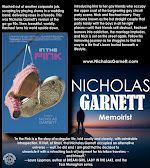


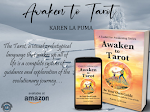
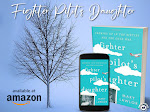





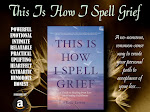
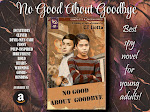


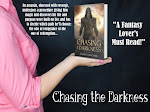
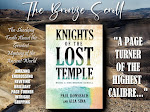


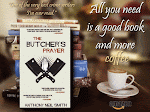


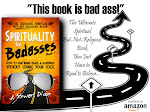

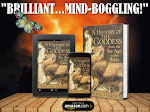

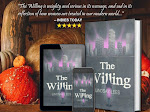
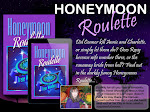
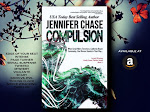
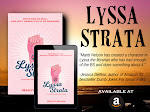
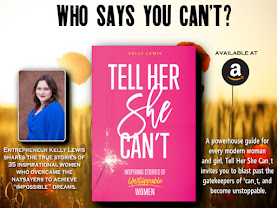









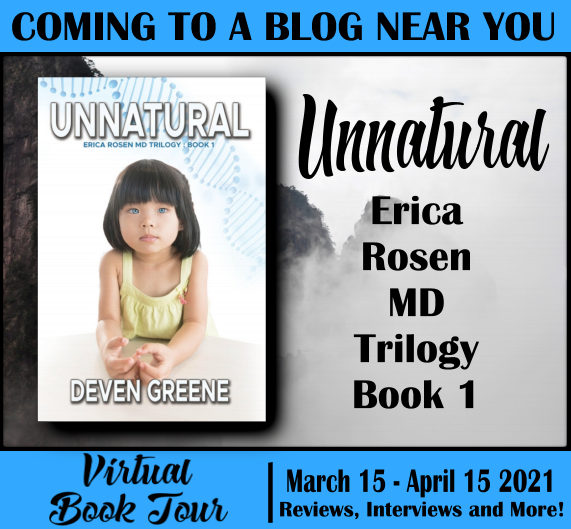
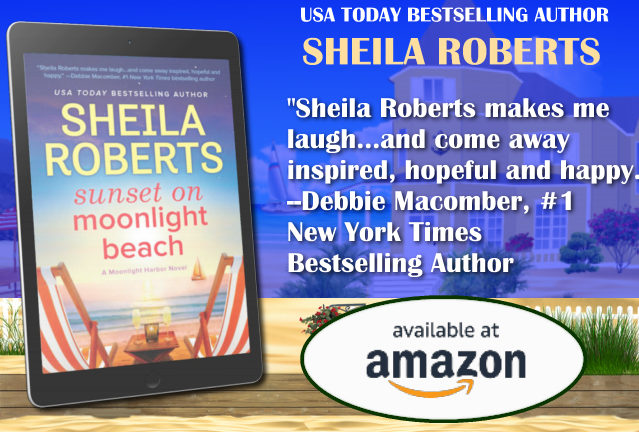



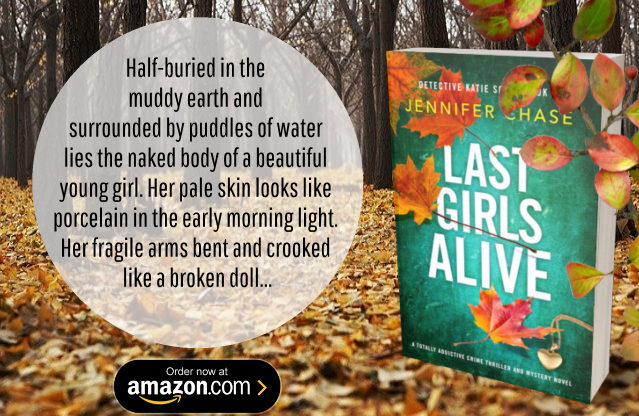
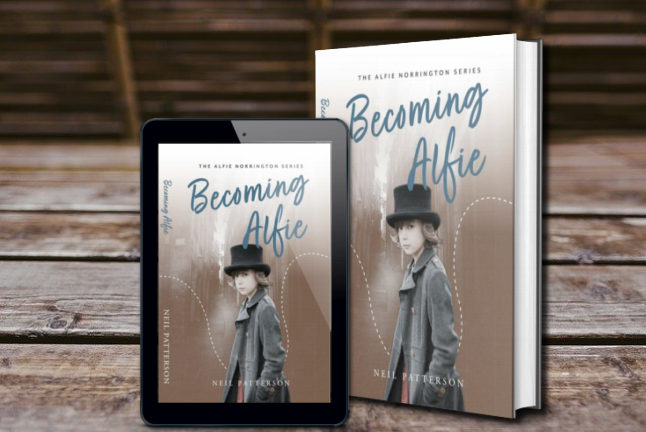
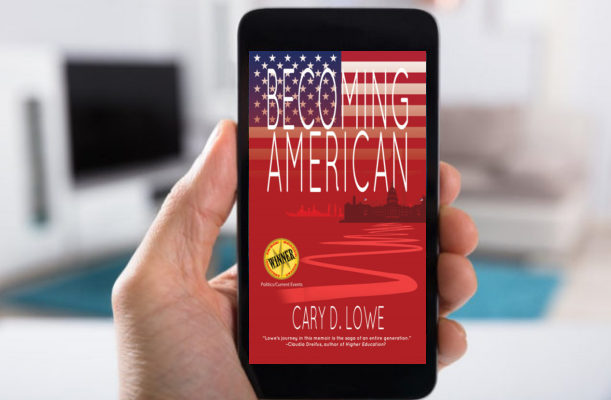

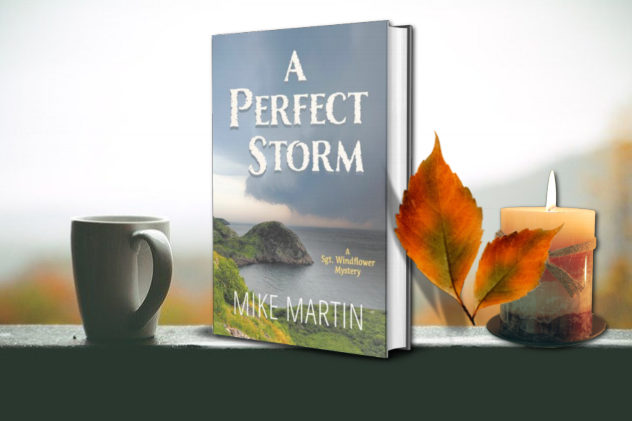

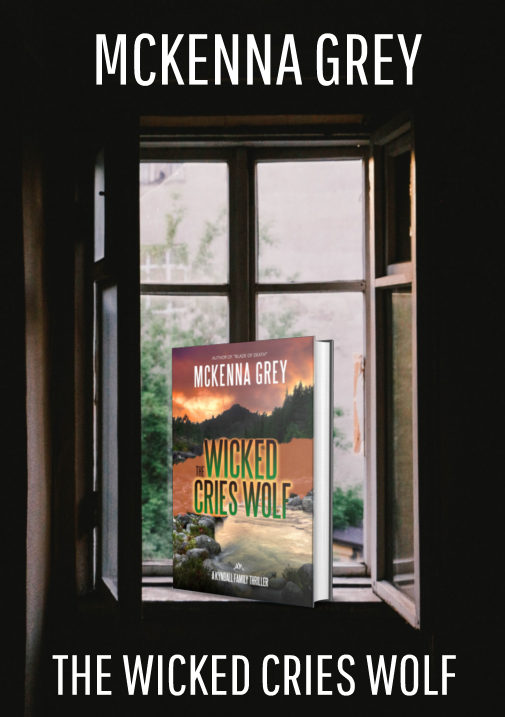


Thanks for your guest post, Dean! Looking forward to your V-Log on the 11th, too!
ReplyDeleteHi Dorothy...great review and post. Keep up the great work and happy holidays to you and your family.
ReplyDeleteWarmly,
Donna
www.donna-mcdine.blogspot.com
Thanks, Donna! Nice to have you stop by!
ReplyDelete